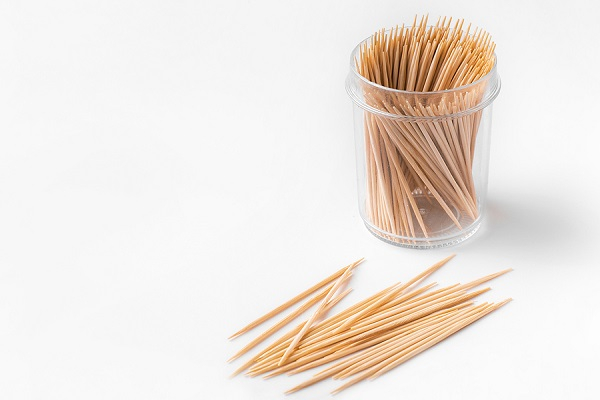Ghana’s Surprising Imports: Toothpicks, Old Braziers, and More

Ghana is a country known for its rich natural resources, including gold, oil, and cocoa. However, despite its wealth of natural resources, Ghana still imports a surprising number of everyday items, including toothpicks, old braziers, and more.
According to data from the Ghana Statistical Service, in 2023, Ghana imported a wide range of items, including cereals valued at $304.42 million, pharmaceutical products worth $273.20 million, and fertilizers costing $254.95 million.
Other notable imports in 2023 included inorganic chemicals, precious metal compounds, and isotopes, totaling $250.01 million. Additionally, Ghana imported a significant amount of food items, which constituted more than 50% of all imports during the first half of 2023.
But what’s even more surprising is that Ghana also imported items like:
– 1.3 million toothpicks, valued at over GH¢1.5 million (approximately $250,000 USD)
– 10,000 old braziers, valued at over GH¢200,000 (approximately $35,000 USD)
– 100,000 kilograms of used clothing, valued at over GH¢1 million (approximately $175,000 USD)
– 50,000 kilograms of used shoes, valued at over GH¢500,000 (approximately $87,000 USD)
– 20,000 kilograms of used furniture, valued at over GH¢200,000 (approximately $35,000 USD)
– 10,000 kilograms of old computers, valued at over GH¢100,000 (approximately $17,000 USD)
– 5,000 kilograms of used electronics, valued at over GH¢50,000 (approximately $8,000 USD)
These imports may seem insignificant, but they highlight a larger issue: Ghana’s reliance on imports. The country’s import bill is significant, and it has a major impact on the country’s trade deficit.
Ghana’s reliance on imports is due to a number of factors, including a lack of local manufacturing capacity, high transportation costs, and a strong demand for foreign goods. However, the country is working to reduce its reliance on imports and promote local manufacturing.
In 2020, the Ghanaian government launched the “One District, One Factory” initiative, which aims to promote local manufacturing and reduce the country’s reliance on imports. The initiative has already led to the establishment of several new factories across the country, and it is expected to have a major impact on Ghana’s economy in the coming years.
In conclusion, Ghana’s imports of toothpicks, old braziers, and other everyday items may seem surprising, but they highlight a larger issue: the country’s reliance on imports. However, with initiatives like “One District, One Factory” underway, Ghana is working to reduce its reliance on imports and promote local manufacturing.
Source: Thepressradio.com| BA





